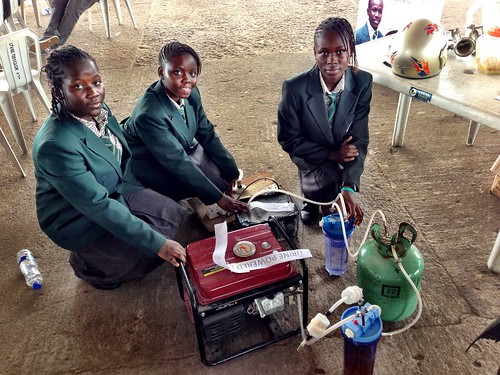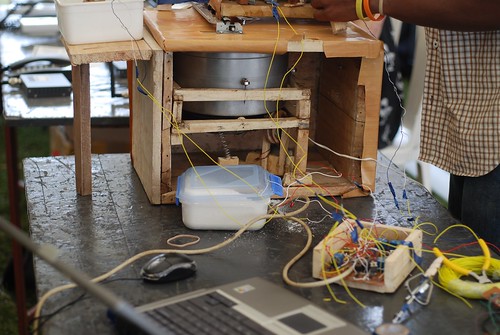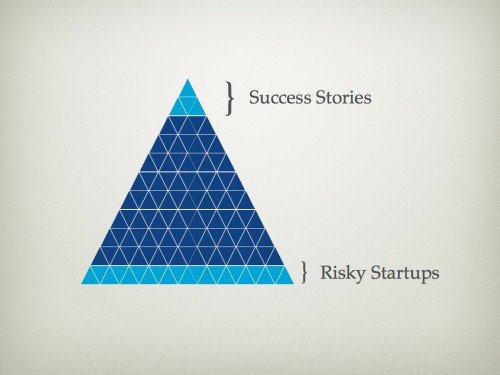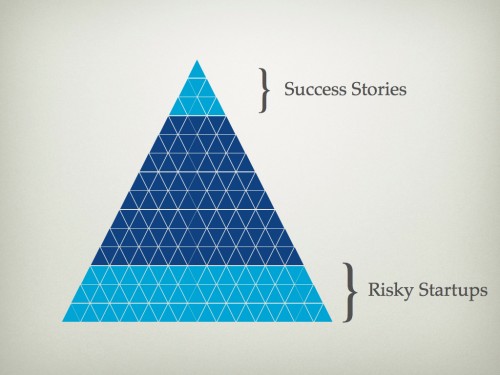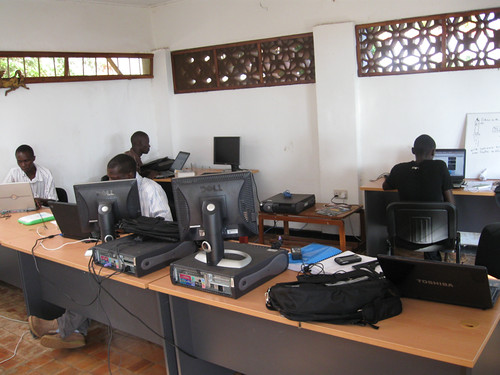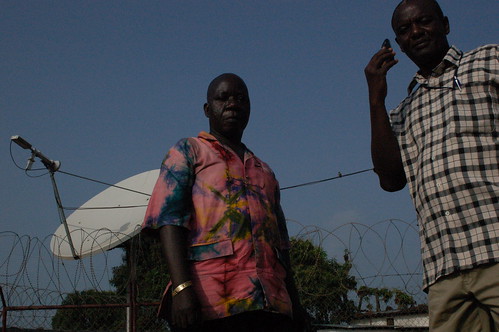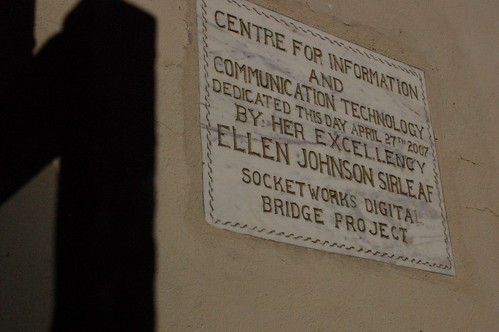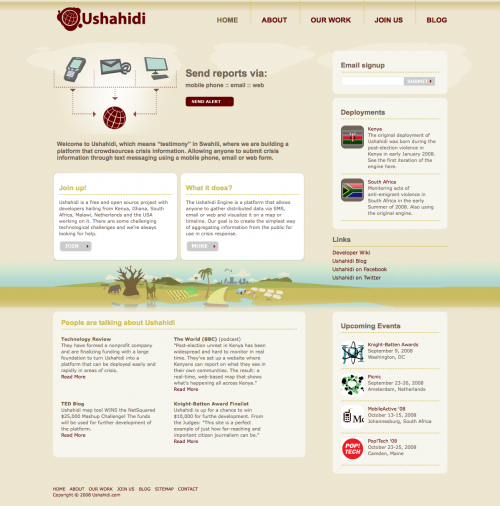The Tony Elumelu Foundation has set an ambitious goal, “…to create 1 million jobs and $10 billion in annual revenue in Africa.”
They are choosing 1,000 entrepreneurs from across Africa to be a part of the new TEEP program, and they plan to do 1,000 more each year for 10 years – that’s 10,000 entrepreneurs total. Not a small number. If you do the math, this works out to $10,000 per entrepreneur, so it can’t be about funding as much as it is about learning.
Applications open today (Jan 1, 2015), it’s 87 questions long so make sure to read up and apply right away. (Hint: read their TEEP blog to know how they think)
Not enough successful African entrepreneurs are using their money to invest in other younger entrepreneurs. Those that do tend to be greedy with the percentage they ask for, so many entrepreneurs look to capital from the US and EU to use to grow their companies.
However, this could all be changing, if this program works and sends a message to other African high net worth individuals. This is one of the strongest moves by any African to invest back into other newer/younger African entrepreneurs, if not the strongest. Tony Elumelu has always been at the forefront of giving to the next generation, so it’s not a surprise that he leads on this as well.
The Rules
(full terms and conditions):
- Open to citizens and legal residents of all 54 African countries, 18 years and above.
- Applications can be made by any for-profit business based in Africa in existence for less than three years, including new business ideas.
- Applicants can only submit one business.
Selection Criteria
Since most people won’t actually read the full terms and conditions, I’ve done some scanning and pulled out some important elements. Here’s how you will be scored by the selection committee:
- Feasibility: content of the business idea. A good business model that has clear and compelling mission to grow a sustainable, commercially viable business and is effectively communicated (25 points);
- Market Potential: knowledge and understanding of the market, customers and competitors for their idea/business (20 points);
- Financial Model: understanding of the basic financial requirements of running a business, costs and revenues. (20 points);
- Scalability: Demonstrates potential for replication and growth of their product or service to create jobs and wealth (10 points);
- Leadership Potential and Entrepreneurial Skills: Applicant has demonstrated leadership potential, capable of attracting people, customers and resources. Also exhibits strong passion and commitment for the business (25 points).
The Program
Digging a little deeper into the terms and conditions doc (see Section 9), and the program unfolds a bit more. It looks like there is $5000 set aside for each entrepreneurs part in the program, and another $5000 as a direct amount injected into their business. Finally, if you do your 3 reports and take part in all of your mentorship sessions, then another returnable $5000 can be given to you.
There seems to be three main parts to the program:
- Online – 12-week online skills learning assignments.
- Mentoring, where we are assured, “The Mentors are required to sign a non-disclosure agreement as it relates to personal information which may come into their possession during the Programe and are committed to maintaining the highest ethical standards when mentoring.”
- 3-day boot camp and Elumelu Entrepreneurship Forum – where you are physically in Nigeria (costs for travel/lodging are covered by the program, which is where that initial $5000 goes).
In Conclusion
My thinking is that they’re going a bit broad on this. After what I’ve seen within the iHub community and as a partner in the Savannah Fund, I’m not sure that $10k is enough. It would have made more sense for me to see them go with 100 entrepreneurs a year, where each has a chance at $100,000. However, if any organization is going to make it work, I believe the Tony Elumelu Foundation can.
My guess is that they are going to focus on smaller, very early stage startups that largely aren’t tech related. A leg-up of $5,000 to a single guy trying to start a small business outside of a major city can go far with that amount.


